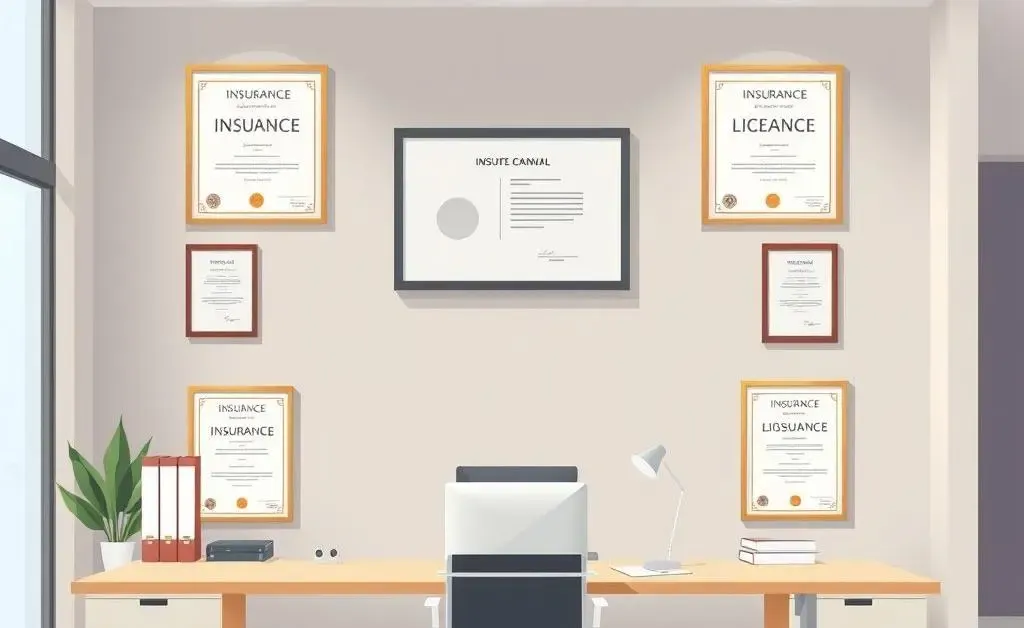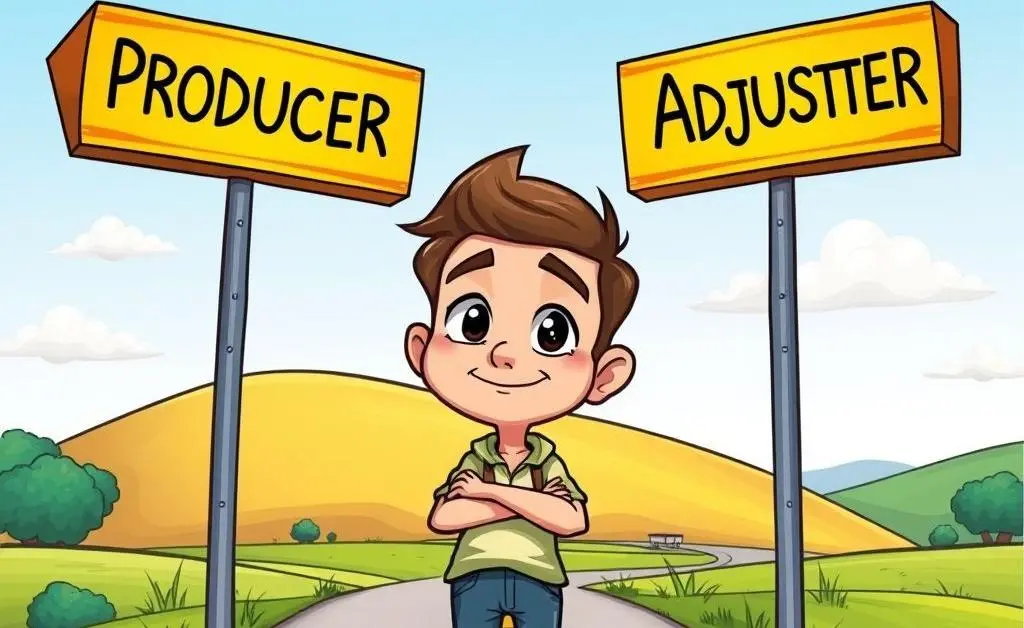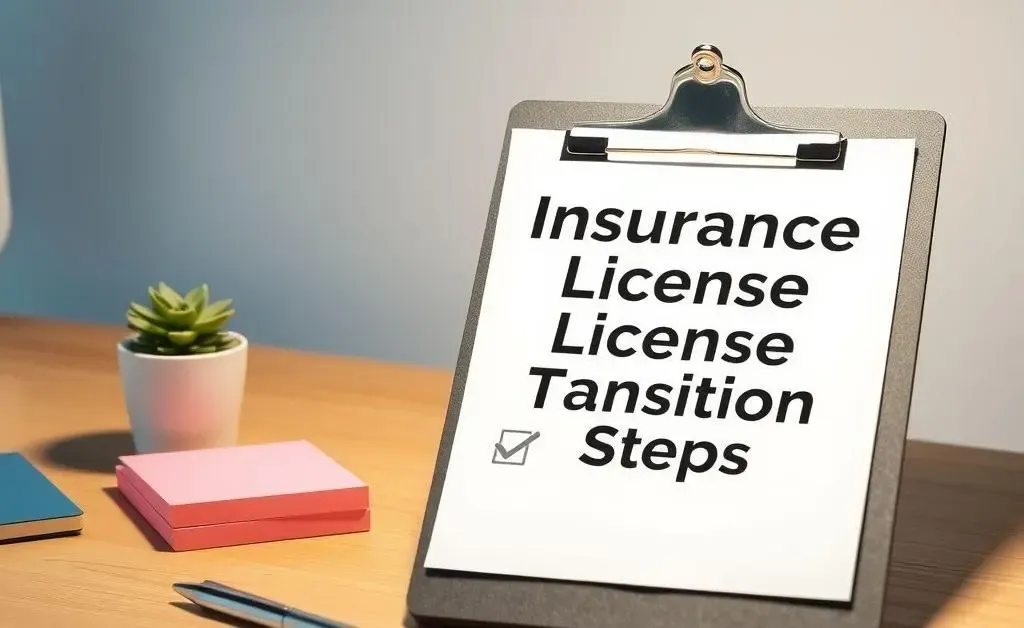Considering a Career Shift? Tips for Navigating Professional License Changes in Insurance
Exploring a career shift within the insurance industry? Here's how to strategically navigate license changes.

Thinking About a Job Change?
Have you ever found yourself daydreaming about a new career path while sipping your morning coffee? Maybe you're in the insurance industry contemplating a shift from a producer role to becoming an adjuster. Understanding the intricacies of licensing changes in the insurance world can feel overwhelming, but with the right approach, it can be a fulfilling journey.

Why Consider a Shift?
Shifting careers often springs from a desire for fresh challenges or a passion for a different kind of work. Adjusting offers a more investigative role, focusing on claims and policy details. However, it requires letting go of the producer license and embracing new responsibilities.
Benefits of Working as an Adjuster:
- Diverse daily tasks that keep your work engaging.
- Opportunities to develop problem-solving skills.
- Less emphasis on sales and more on practical solutions.
Paving the Way: Licensure Essentials
Transitioning between these roles means navigating the licensing process. Here's where a strategic approach makes all the difference. Let's say you're like a friend of mine, Alex. After working as a successful producer, Alex decided the adjuster path suited his skills better. He faced the challenge of swapping his active producer license for an adjuster one.

Steps to Consider:
- Research your state's licensing requirements for adjusters. They can vary significantly, so it's crucial to start here.
- Contact your company's HR or professional development departments for support and potential exam resources.
- Prepare for any exams or additional training you might need.
The Emotional Side of Change
Change is never just about logistics; it's emotional too. It's okay to feel uncertain or even scared. The secret? Talk it out. Find that comfortable corner in a cozy cafe and chat with current adjusters, career coaches, or mentors. They'll provide insights that are both market-savvy and reassuring.

What's Next for You?
Before making any final decision, evaluate how this change aligns with your personal and professional goals. Are the new experiences you're seeking worth the transition? Reflect on these questions and let them guide you.
Would you consider changing career paths within the same industry for a better work-life balance or a fresh challenge?




